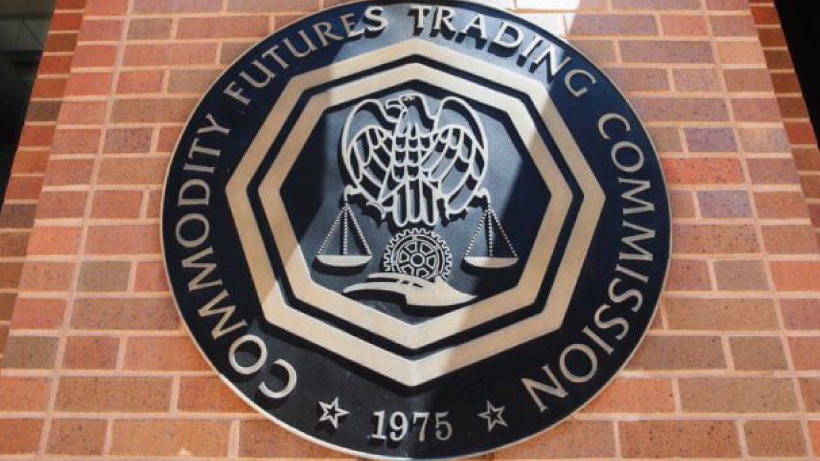Implementation of New US Crypto Rules Might Take Years, Says CFTC Chair
Even if Congress passes legislation to establish a clearer framework for digital assets transitioning from security to commodity status, the process of implementing new crypto rules in the United States is expected to be far from immediate. Rostin Behnam, Chair of the Commodit Futures Trading Commission (CFTC), informed the House Agriculture Committee that the introduction of regulations for digital assets would require a significant amount of time, even if the agency receives additional funding for crypto-related resources.
Behnam explained that with added funding, it would take at least one to two years to establish the rules, while without the extra resources, the process could extend to three to four years. Currently, the CFTC’s authority is limited to regulating derivatives of digital assets like bitcoin and ether, but Behnam stressed the necessity for expanded oversight, particularly in the spot markets of digital tokens that do not fall under the securities category.
Representative David Scott, the top Democrat on the committee, emphasized the importance of providing sufficient funding to the CFTC for this crucial task. The Agriculture Committees in the House and Senate hold jurisdiction over the CFTC due to their oversight of commodities futures, primarily crop-related.
To address the urgency surrounding digital asset regulations, House Agriculture Committee Chair Glenn ‘GT’ Thompson and House Financial Services Committee Chair Patrick McHenry introduced new legislation that, if passed, would grant greater authority to the CFTC. It would also direct both the CFTC and the Securities and Exchange Commission (SEC) to establish a more defined pathway for digital assets to be classified as commodities.
Behnam underscored the need for proactive policing authority to address potential risks in digital asset markets, especially if they experience significant growth after a period of market correction. He emphasized that unchecked expansion could pose financial stability risks and other concerns for the broader financial markets.
The collapses of FTX, Celsius, Voyager, and Terra-Luna in the previous year have further fueled regulators’ and policymakers’ push to enhance safeguards around digital assets, should their market size begin to impact the US and global financial sectors.











